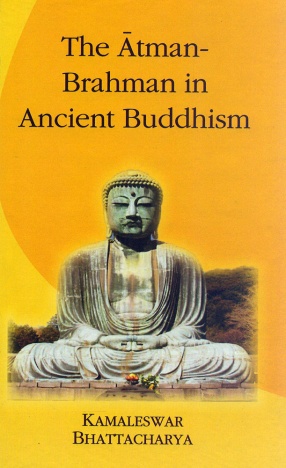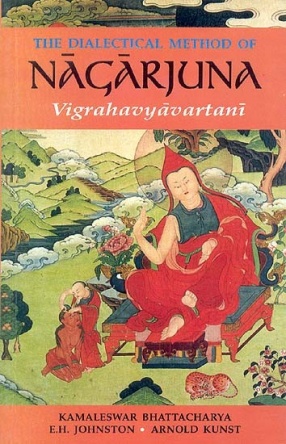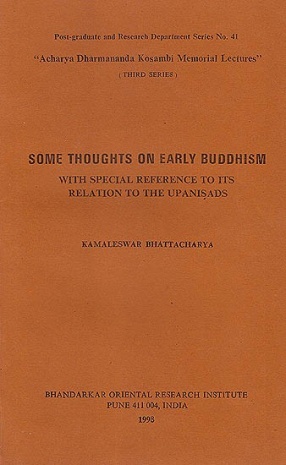
Showing all 3 books

The thesis of this book is epoch-making. While no one doubts that the Buddha denied the atman, the self, the question is: Which atman? Buddhism, as understood in the modern era, has taken this to be the universal atman taught in the Hindu Upanisads, equivalent to Brahman. What we find in the Buddha's words as recorded in the Buddhist scriptures, however, is only a denial of any permanent self in the ever-changing aggregates that form a person. In decades of ...

Though only a minor work in form, as regards its contents the Vigrahavyavartam well as of the early Indian dialectical tradition. Not only does it admirably illustrate the dialectical method followed by Nagarjuna, the founder of the school, but it is also clarifies the idea of Voidness (Sunyata) which has been so often misunderstood, not only in modern times and abroad, but in India itself and in Nagarjuna's own time.
Written after Nagarjuna's major work, the ...

